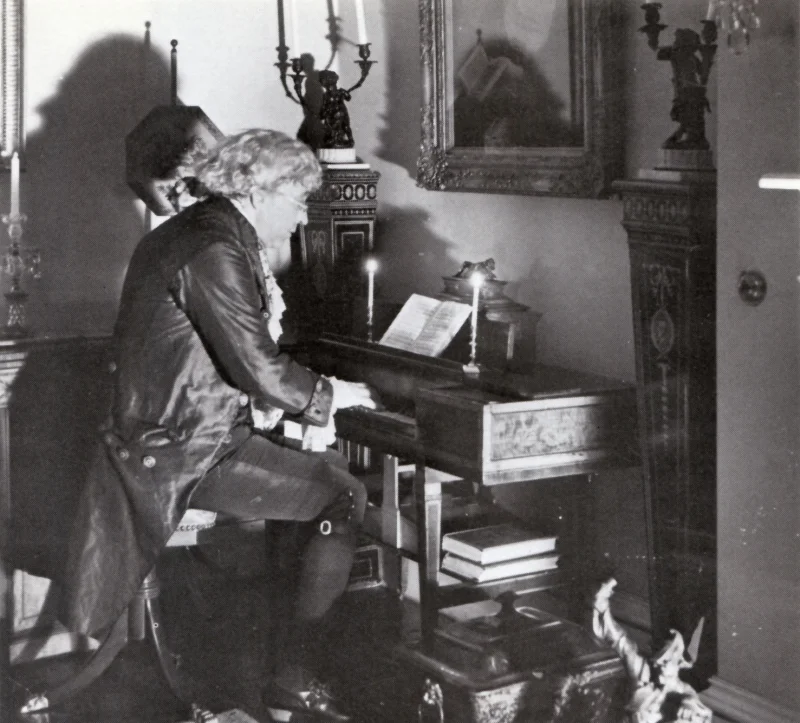Short Summary
Ernst Mach was an influential physicist and philosopher whose work laid the groundwork for future developments in both fields. Born in 1838, Mach is best known for his contributions to the understanding of the dynamics of shock waves and for the Mach number, a dimensionless quantity representing the ratio of speed to the speed of sound. His philosophical inquiries into the nature of scientific knowledge had a profound impact on the Vienna Circle and the development of logical positivism. Mach's legacy endures in both the scientific and philosophical communities as a pioneer who bridged two important disciplines.
Early Life & Education
Born on February 18, 1838, in Chirlitz-Turas, part of the Austrian Empire, Ernst Mach was raised in a family that valued education. His father, Johann Mach, was a schoolteacher, which likely fostered Mach's early interest in learning. Initially homeschooled by his parents, Mach later attended a Gymnasium in Prague. He demonstrated an early aptitude for mathematics and physics, which led him to pursue higher education at the University of Vienna. There, he studied under prominent figures and developed a keen interest in the philosophical ramifications of scientific inquiry, which would later influence his work.
Career Highlights
Ernst Mach's career was marked by significant contributions to both physics and philosophy. In the field of physics, he conducted pioneering research on the Doppler effect and the speed of sound, which eventually led to the concept of the Mach number. He held a professorship at the University of Graz, later moving to the University of Prague, where he continued his experimental work. In addition to his scientific pursuits, Mach was deeply involved in philosophical discourse, questioning the foundations of scientific knowledge and influencing the logical positivist movement. His work laid the groundwork for future discussions on the nature of scientific theories.
Major Achievements
- Established the concept of the Mach number, which quantifies the speed of an object relative to the speed of sound.
- Conducted groundbreaking experiments on shock waves and supersonic motion, influencing aerodynamics and fluid dynamics.
- Developed Mach's principle, which suggests that local inertial frames are determined by the large-scale distribution of matter.
- Influenced the Vienna Circle and logical positivism with his philosophical works on the empirical basis of scientific knowledge.
Famous Quotes
- "The history of science is the real history of mankind."
- "Science is a human endeavor; its essence is the understanding of nature."
Interesting Facts
- The unit "Mach" used in aerodynamics is named after him, reflecting his contributions to the study of motion.
- Mach was a critic of Newtonian mechanics and proposed alternative views that influenced future scientific theories.
- He was elected to the Austrian parliament as a member of the Social Democratic Party, reflecting his interest in social issues.
Legacy / Influence
Ernst Mach's influence extends across physics and philosophy, where his insights into the nature of scientific inquiry and the dynamics of motion have left a lasting impact. His work on the Mach number remains a fundamental concept in aerodynamics, while his philosophical ideas helped shape the development of logical positivism. Today, he is regarded as a pioneer who bridged the gap between empirical science and philosophical analysis, inspiring future generations to explore the intersection of these disciplines.
FAQ
Q: Why is Ernst Mach famous?
A: He is renowned for his contributions to physics, especially the Mach number, and his influential philosophical ideas.
Q: What is the Mach number?
A: It is a dimensionless quantity that represents the ratio of an object's speed to the speed of sound.
Q: How did Mach influence philosophy?
A: His empirical approach to scientific knowledge greatly influenced the Vienna Circle and the development of logical positivism.













